
Zomba: The Heartbeat of Malawi’s Southern Highlands
Nestled in the southern region of Malawi, Zomba is a city that captivates with its natural beauty and rich history. Once the colonial capital of Malawi, Zomba boasts a unique blend of architectural remnants and lush landscapes, offering a serene retreat for all who visit. The city's charm lies in its old-world ambiance, enhanced by the stunning Zomba Plateau, which rises majestically above the town. The plateau is a paradise for nature lovers, offering hiking trails, waterfalls, and breathtaking views that stretch to Lake Chilwa and even as far as Mozambique on a clear day. Zomba is also a hub of cultural and historical significance. The University of Malawi, one of the country's premier educational institutions, is located here, adding a youthful vibrancy to the city. The vibrant markets and local crafts provide a glimpse into the daily life of the Malawian people, while the botanical gardens and old colonial buildings tell stories of a bygone era. Whether you're exploring the winding paths of the plateau or immersing yourself in the local culture, Zomba offers a rich tapestry of experiences. The city's warm and welcoming atmosphere makes it an ideal destination for travelers seeking a blend of adventure, relaxation, and cultural immersion. With its cool climate, thanks to the altitude, Zomba is a perfect escape from the heat of the lowlands. Whether you're a history buff, a nature enthusiast, or simply looking to unwind, Zomba promises a memorable and enriching visit.
Local tips in Zomba
- Carry a light jacket; the altitude makes Zomba cooler than other regions in Malawi.
- Visit the local markets for unique crafts and fresh produce.
- Plan a hike on the Zomba Plateau for breathtaking views and natural beauty.
- Explore the botanical gardens and colonial architecture for a glimpse into the city's history.
- Consider staying in one of the charming lodges on the plateau for a serene experience.
Zomba: The Heartbeat of Malawi’s Southern Highlands
Nestled in the southern region of Malawi, Zomba is a city that captivates with its natural beauty and rich history. Once the colonial capital of Malawi, Zomba boasts a unique blend of architectural remnants and lush landscapes, offering a serene retreat for all who visit. The city's charm lies in its old-world ambiance, enhanced by the stunning Zomba Plateau, which rises majestically above the town. The plateau is a paradise for nature lovers, offering hiking trails, waterfalls, and breathtaking views that stretch to Lake Chilwa and even as far as Mozambique on a clear day. Zomba is also a hub of cultural and historical significance. The University of Malawi, one of the country's premier educational institutions, is located here, adding a youthful vibrancy to the city. The vibrant markets and local crafts provide a glimpse into the daily life of the Malawian people, while the botanical gardens and old colonial buildings tell stories of a bygone era. Whether you're exploring the winding paths of the plateau or immersing yourself in the local culture, Zomba offers a rich tapestry of experiences. The city's warm and welcoming atmosphere makes it an ideal destination for travelers seeking a blend of adventure, relaxation, and cultural immersion. With its cool climate, thanks to the altitude, Zomba is a perfect escape from the heat of the lowlands. Whether you're a history buff, a nature enthusiast, or simply looking to unwind, Zomba promises a memorable and enriching visit.
When is the best time to go to Zomba?
Iconic landmarks you can’t miss
Sunbird Ku Chawe
Discover tranquility and adventure in the heart of Zomba Mountain at Sunbird Ku Chawe, where breathtaking views meet warm hospitality.

Liwonde National Park
Discover Liwonde National Park, a wildlife sanctuary in Malawi where adventure meets serenity amidst stunning landscapes and diverse ecosystems.
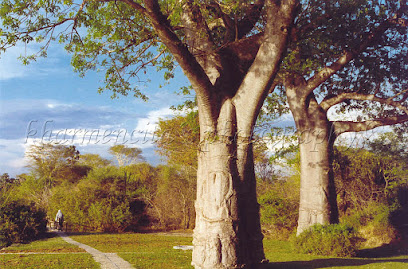
Mvuu Camp
Experience the thrill of wildlife and nature at Mvuu Camp, your gateway to exploring the breathtaking Liwonde National Park.
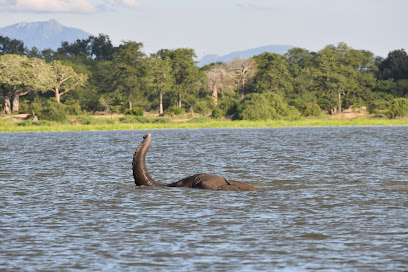
Casa Rossa
Discover the vibrant flavors of Zomba at Casa Rossa, where local ingredients meet global culinary delights for a truly unforgettable dining experience.
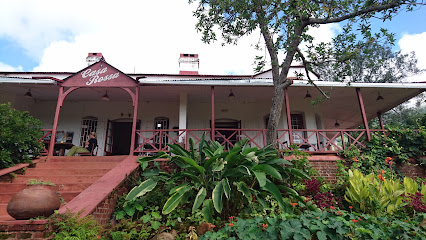
Kefi Hotel Café
Discover Kefi Hotel Café, where comfort meets culinary excellence in the heart of Malawi's breathtaking landscapes.
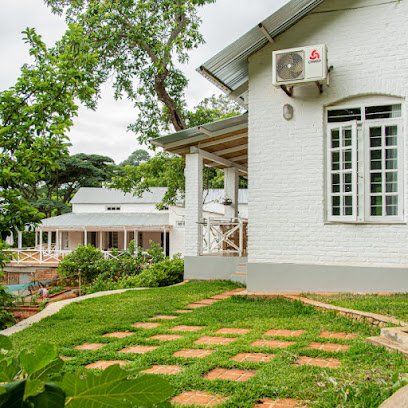
Steers
Discover the fast food haven of Steers in Zomba, serving delicious burgers and fries in a vibrant atmosphere for all food lovers.
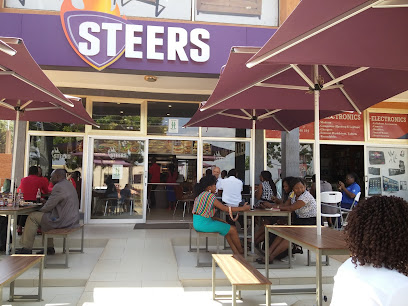
Blend. Lodge & Kitchen
Experience the charm of Zomba at Blend. Lodge & Kitchen - where local flavors meet comfort in a cozy setting.
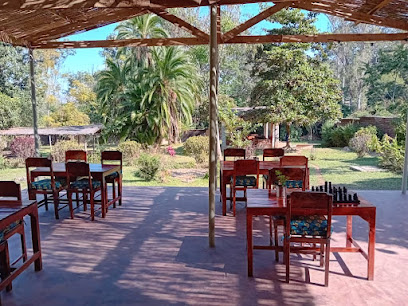
University of Malawi
Explore the University of Malawi: A Cultural and Educational Gem in Zomba, Surrounded by Breathtaking Landscapes.
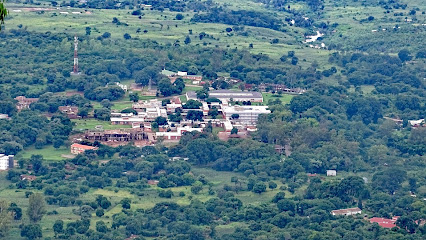
Museum of Malawi
Explore the Museum of Malawi in Blantyre for a captivating journey through the rich cultural and historical tapestry of this vibrant nation.
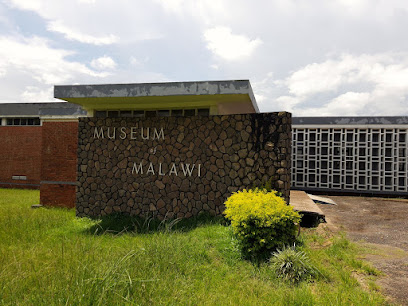
Zomba Forest Lodge
Discover tranquility and adventure at Zomba Forest Lodge, a hidden gem in Malawi's lush hills, perfect for nature lovers and relaxation seekers.
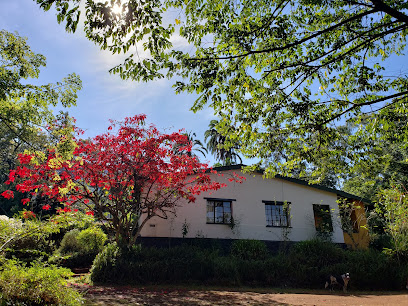
T & D GUESTHOUSE
Experience the charm and tranquility of Zomba at T & D Guesthouse, your perfect lodge for comfort and adventure in Malawi's scenic landscapes.

Williams Falls
Experience the breathtaking beauty and refreshing waters of Williams Falls in Zomba, Malawi's serene natural oasis perfect for adventure and relaxation.
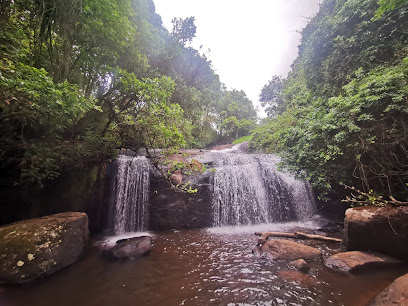
Annie's Lodge Zomba
Discover tranquility and adventure at Annie's Lodge in Zomba, Malawi—a perfect retreat surrounded by nature and rich local culture.
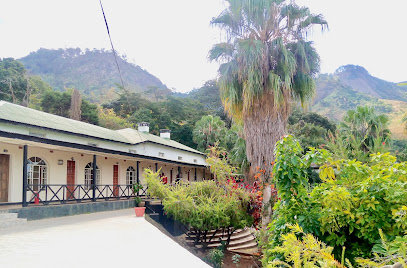
Villa Kupa
Discover the serene beauty of Villa Kupa in Zomba, a perfect guesthouse retreat for travelers seeking relaxation and cultural exploration in Malawi.
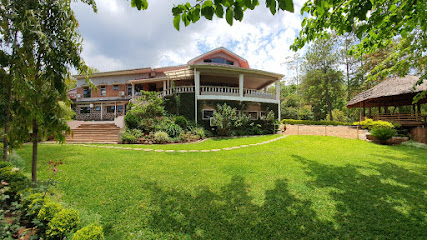
African Heritage Culture & Heritage Tours
Experience the vibrant culture and artisanal brews at African Heritage Culture & Heritage Tours in Zomba, Malawi, where every sip tells a story.
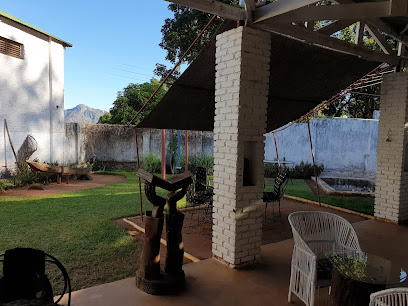
Unmissable attractions to see
Botanical Garden
Explore the stunning landscapes and diverse flora at Zomba's Botanical Garden, a serene retreat for nature lovers in Malawi.
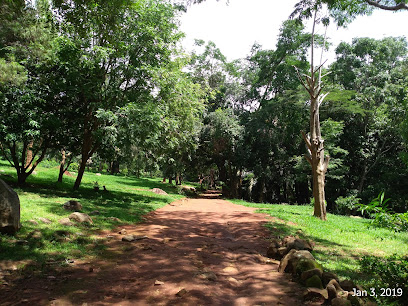
Chilema Tree
Explore the Chilema Tree in Likwenu – a stunning natural attraction rich in culture and perfect for relaxation and photography.
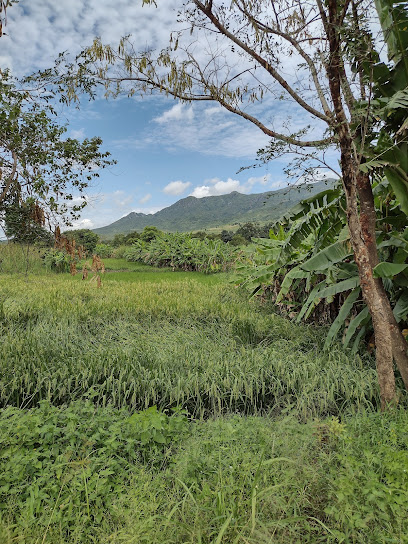
Hills Garden
Explore the tranquil beauty of Hills Garden in Zomba, a perfect oasis for relaxation, picnics, and breathtaking views of surrounding hills.
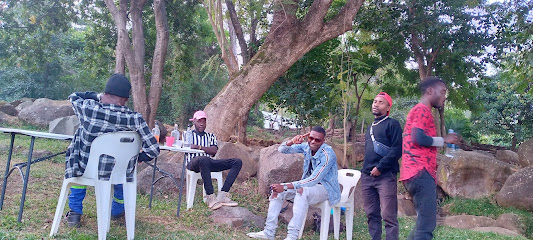
Kabudula potatoe path
Discover the breathtaking Kabudula Potatoe Path in Zomba, a scenic hiking trail surrounded by nature's beauty and rich biodiversity.
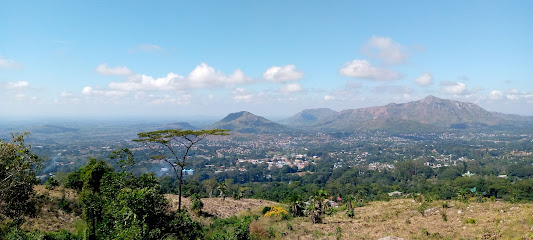
Mulunguzi Dam park
Discover the tranquility of Mulunguzi Dam Park, a natural escape in Kuchawe, perfect for picnics, walking, and birdwatching amidst stunning landscapes.
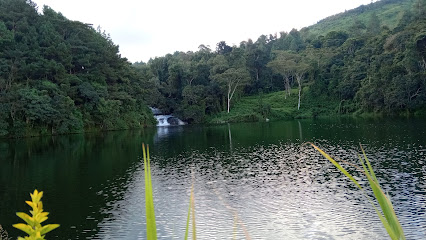
Maya's Garden and Bridal Services
Explore the natural beauty of Maya's Garden in Zomba, a botanical paradise perfect for relaxation, photography, or wedding celebrations.

Ndisale Trail
Explore the stunning Ndisale Trail in Kuchawe, Malawi—a hiking paradise showcasing breathtaking landscapes and diverse wildlife.
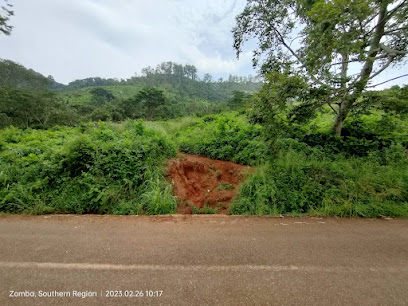
Chagwa Dam
Explore Chagwa Dam, an enchanting hiking area in Malawi, where stunning landscapes and serene nature await outdoor enthusiasts and adventurers.
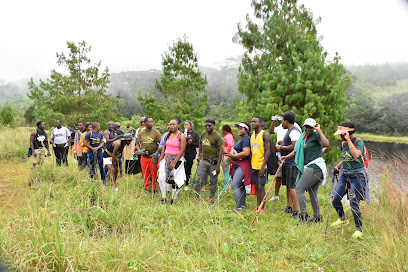
Mwendolende potato path
Discover the breathtaking beauty and rich cultural heritage of the Mwendolende Potato Path, a must-visit hiking destination in Malawi.
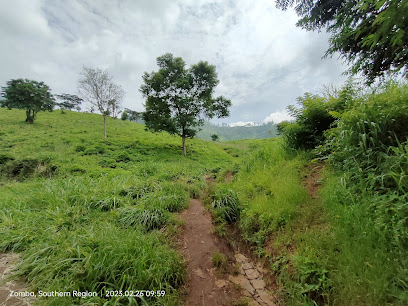
Mwendolende Potato Path
Discover the Mwendolende Potato Path, a stunning hiking area in Zomba filled with breathtaking landscapes and rich local culture, perfect for all adventurers.
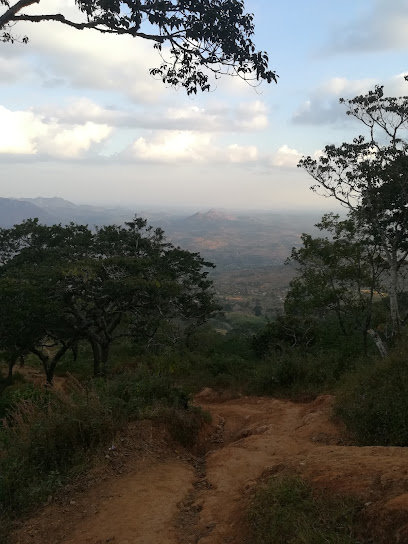
Lingani Tree Nursery
Explore the serene beauty of Lingani Tree Nursery in Zomba, Malawi, a sanctuary for plant lovers and a hub for ecological education.
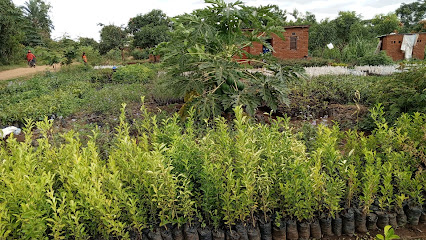
Bwaila River
Explore the natural beauty and cultural richness of Bwaila River, a hidden gem in Zomba perfect for relaxation and outdoor adventures.

Chasuka Farm
Discover the serene beauty of Chasuka Farm in Zomba, a peaceful park perfect for nature lovers and families seeking relaxation amidst stunning landscapes.

Songani Look out
Experience the breathtaking views and serene nature of Songani Lookout, a hidden gem in Zomba's scenic landscape.

Zomba,
Explore the serene beauty of Mulunguzi Dam in Zomba, Malawi—a perfect getaway for nature lovers and those seeking tranquility in stunning surroundings.
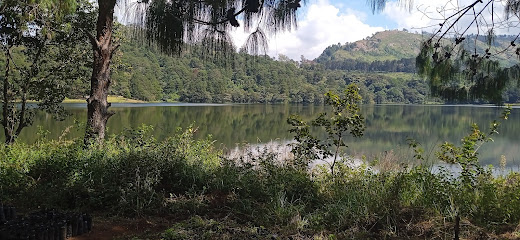
Essential places to dine
Casa Rossa
Discover Casa Rossa in Zomba: Where authentic Malawian flavors meet international cuisine in a vibrant atmosphere.
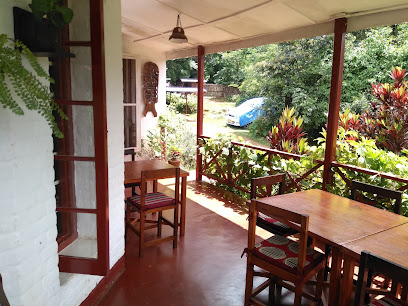
Kefi Hotel Café
Experience delightful Malawian flavors at Kefi Hotel Café - where great food meets warm hospitality in Malawi.
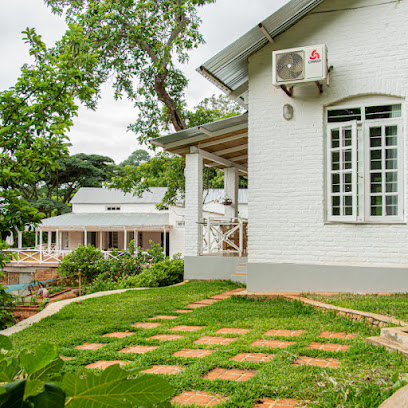
Steers
Discover the vibrant flavors of Zomba at Steers—your go-to fast-food restaurant serving delicious meals with local flair.
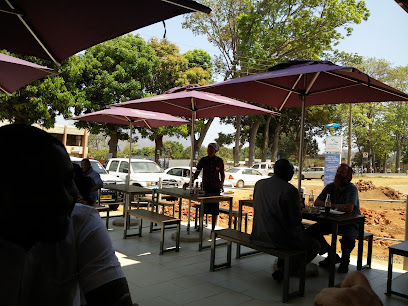
Blend. Lodge & Kitchen
Discover the flavors of Malawi at Blend. Lodge & Kitchen - your go-to restaurant in Zomba for delicious meals and vibrant atmosphere.
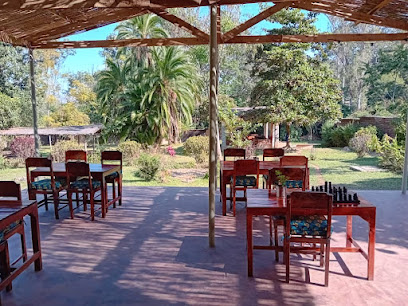
KIPS EXPRESS ZOMBA
Experience delicious fast food at KIPS EXPRESS ZOMBA - where taste meets convenience in the heart of Malawi.
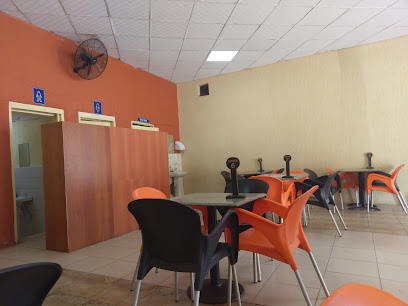
Domino's Restaurant
Experience the taste of comfort at Domino's Restaurant in Zomba—where familiar flavors meet local charm.
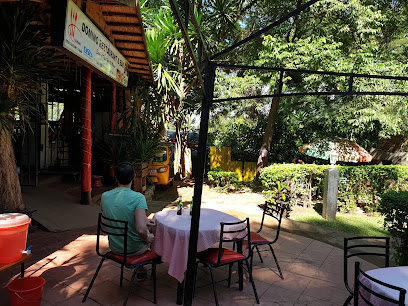
Onithamala Deli' Café
Discover authentic Malawian flavors at Onithamala Deli' Café in Zomba - perfect for quick bites and takeout delights.
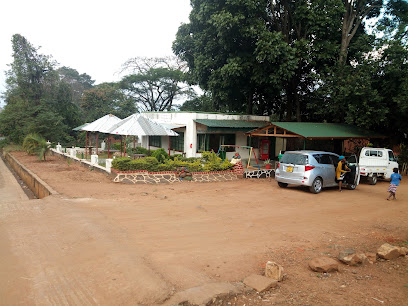
Amazing Bakes
Discover the sweet side of Zomba at Amazing Bakes – where delicious pastries meet local flavors in an inviting atmosphere.
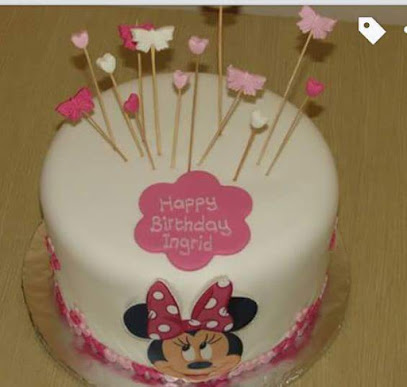
Ku Macheza
Experience authentic Malawian flavors at Ku Macheza – where every meal tells a story amidst warm hospitality.
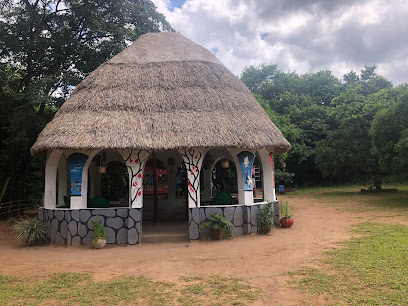
Meet & Greet, Nandolo,Take Away
Experience authentic Malawian cuisine at Meet & Greet in Nandolo—where local flavors meet warm hospitality.
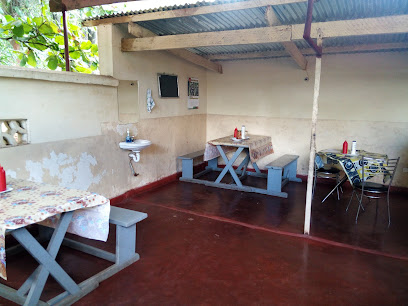
Dalie’s Tasty Bites
Discover authentic Malawian cuisine at Dalie's Tasty Bites in Zomba - a true culinary gem showcasing local flavors.
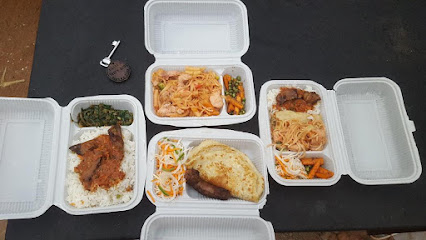
ONE LOVE - Rasta Restaurant
Experience authentic Jamaican cuisine at ONE LOVE - Rasta Restaurant in Zomba; where vibrant culture meets mouthwatering flavors.
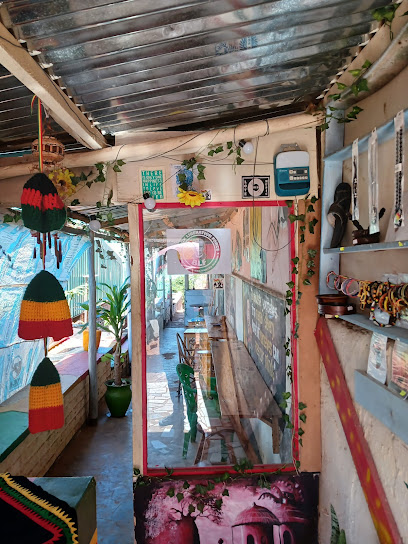
Good morning shop and restaurant
Discover the flavors of Malawi at Good Morning Shop and Restaurant in Zomba – where quick bites meet local charm.

JAY'S
Discover delicious Malawian cuisine at JAY'S in Zomba - the perfect family-friendly restaurant for tourists looking for authentic dining experiences.
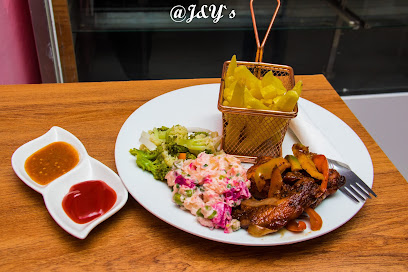
Zomba Steers
Experience the vibrant flavors of Malawi at Zomba Steers – a buffet paradise in Liwonde offering endless delicious options.

Markets, malls and hidden boutiques
Chipiku Plus Zomba
Discover the heart of Zomba shopping at Chipiku Plus, where local flavors and everyday essentials meet for an unforgettable experience.
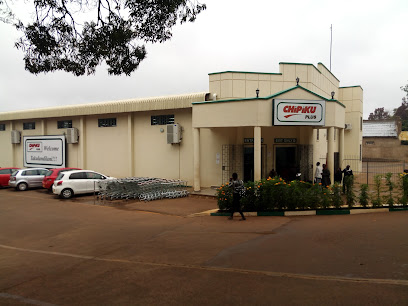
Misha Maize and Rice suppliers
Experience the authentic flavors of Malawi at Misha Maize and Rice Suppliers in Zomba, where quality meets tradition.
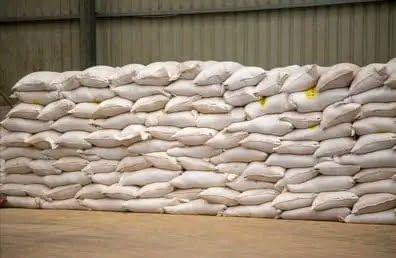
Bata Shoe Store
Discover stylish footwear at Bata Shoe Store in Zomba, where quality meets affordability in every step.
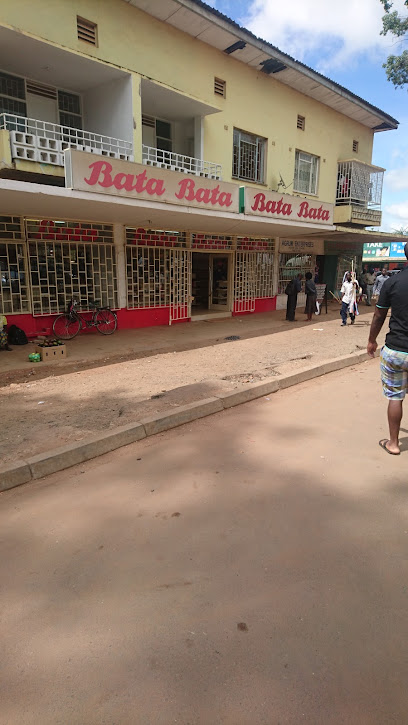
Bread Talk
Discover the sweet side of Zomba at Bread Talk, where freshly baked pastries and local flavors create an unforgettable culinary experience.
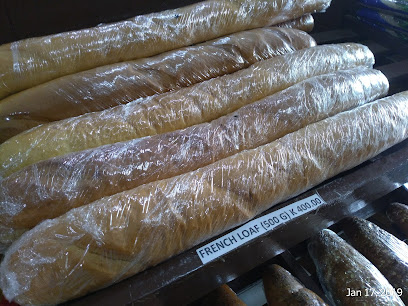
Chikanda
Discover the charm of Zomba at Chikanda, a beloved bookstore offering a diverse range of literature and a cozy atmosphere for every book lover.

AHAD Cash and Carry
Explore local Malawian flavors and essentials at AHAD Cash and Carry, your convenient grocery destination in Zomba.
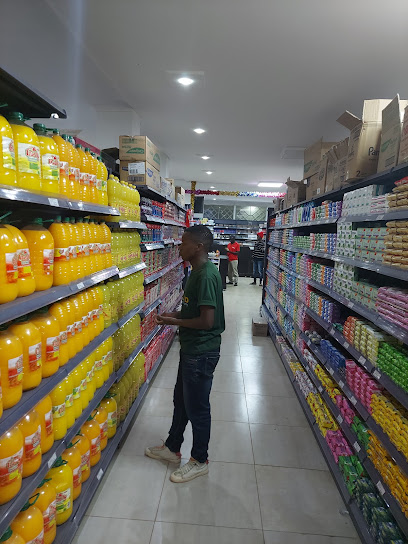
Come again Complex
Experience the local flavors and vibrant culture at Come Again Complex, Zomba's premier grocery store for fresh produce and Malawian essentials.

Zomba carmelite Monastery
Experience tranquility at Zomba Carmelites Monastery, a serene retreat in Malawi's stunning landscapes, perfect for reflection and relaxation.

Sellies Building
Discover the bustling Sellies Building in Zomba, Malawi, where shopping meets local culture in a vibrant atmosphere.
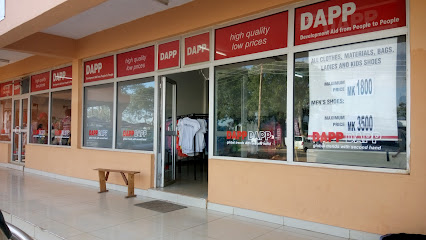
FEGS book store
Explore the literary landscape of Zomba at FEGS Book Store, where local stories and global classics come together in a cozy atmosphere.

Salon closed
Discover Zomba's vibrant outlet mall, where local culture meets modern shopping in a unique and engaging atmosphere.

PEP Zomba
Discover affordable fashion for the whole family at PEP Zomba - your go-to clothing store in the heart of Zomba.

Uncle Pat Exclusive Fashion Shop
Explore unique fashion at Uncle Pat's Exclusive Fashion Shop in Zomba, where local styles meet contemporary trends.
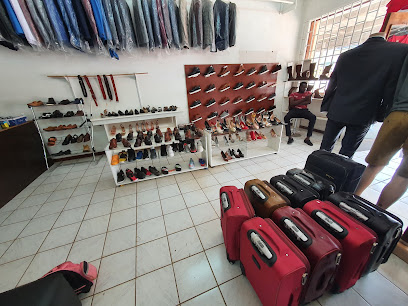
HUMBLE WINS GAMEZONE
Experience cutting-edge technology and exceptional service at Humble Wins Gamezone, Zomba's premier electronics destination for tourists and locals alike.
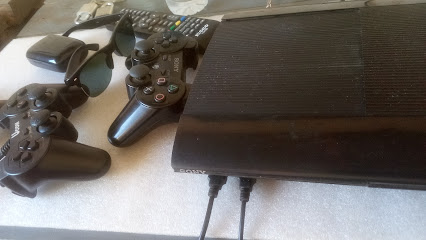
TMT SHOPPING MART
Explore the vibrant TMT Shopping Mart in Zomba for an authentic taste of Malawian culture and a wide array of local products and groceries.
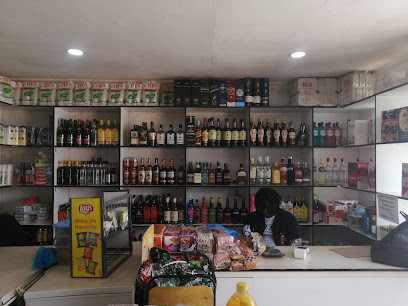
Essential bars & hidden hideouts
The Mixed Booze and BBQ
Experience the vibrant flavors of The Mixed Booze and BBQ in Zomba, where mouthwatering BBQ meets a lively bar atmosphere.
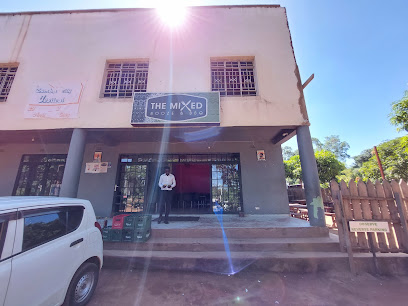
Imkomadzi Bar
Experience the vibrant atmosphere of Imkomadzi Bar in Zomba, a perfect spot for relaxation with local drinks and friendly company.
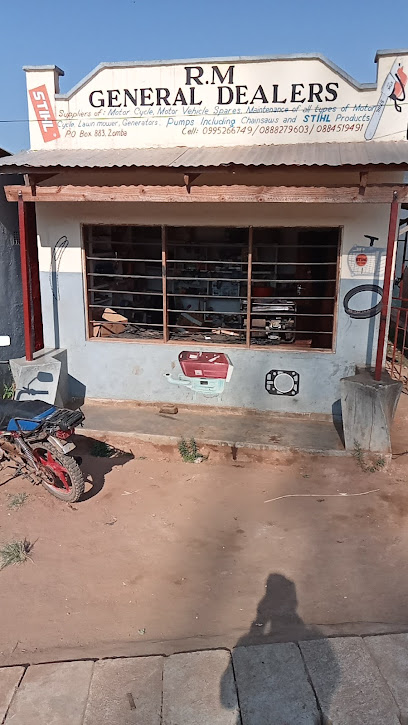
NYUMBANI BAR
Discover the local vibe at Nyumbani Bar, Zomba's lively spot for drinks, music, and unforgettable experiences in Malawi.
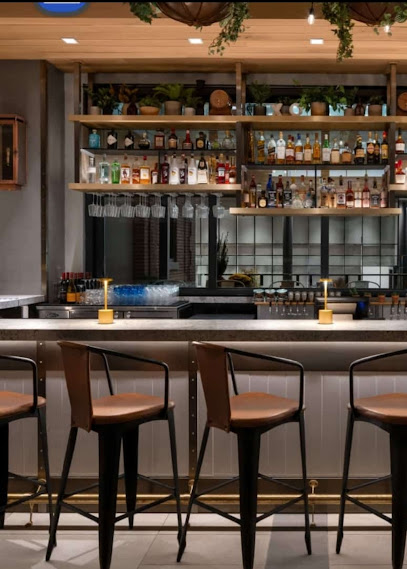
Mtola ( Mbeta zidyanji)
Experience the vibrant local culture at Mtola (Mbeta zidyanji), a charming bar in Zomba, Malawi, perfect for relaxation and socializing.

Liqour Plug
Discover the lively atmosphere of Liqour Plug in Zomba, a perfect bar for enjoying local drinks and experiencing the vibrant nightlife.
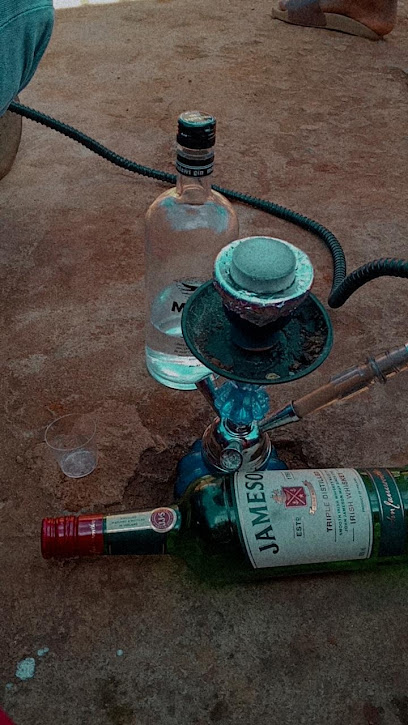
Chalice Vine
Discover the enchanting Chalice Vine cocktail bar in Zomba, where expertly crafted drinks meet a serene atmosphere, perfect for relaxation.
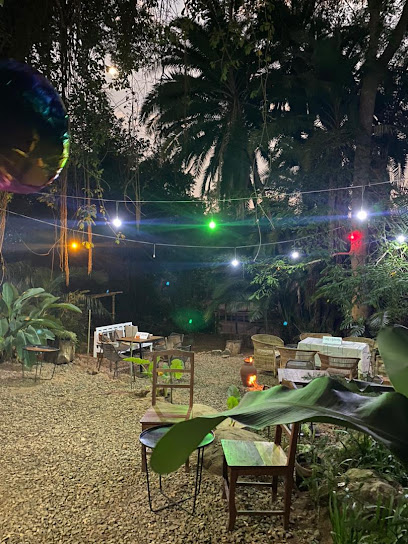
Liquor Village
Discover the lively atmosphere and local flavors at Liquor Village, Zomba's go-to bar for an unforgettable night out.
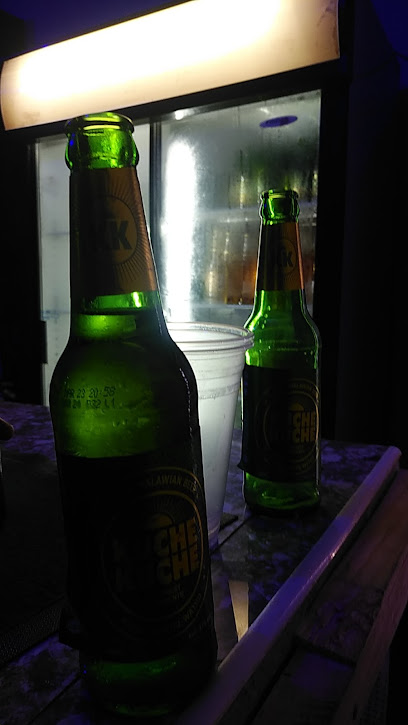
Mogaso
Discover the vibrant atmosphere of Mogaso in Zomba, a perfect bar to unwind with local drinks and music in a cozy setting.
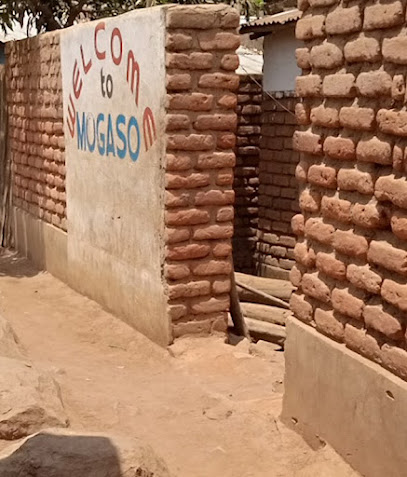
Sadzi
Discover Sadzi, a cozy bar in Zomba offering local drinks, vibrant atmosphere, and an authentic taste of Malawian nightlife.

Citizens Bar
Experience the vibrant nightlife of Zomba at Citizens Bar, where local culture meets a welcoming atmosphere and diverse drink options.

Bhongororo bar
Bhongororo Bar: Dive into Zomba's vibrant nightlife with local drinks, music, and a warm atmosphere that invites you to unwind and connect.

Spartan
Experience the vibrant nightlife at Spartan, a lively bar in Zomba, where local culture meets refreshing drinks and friendly faces.

Checkers Bar & Grill
Discover the vibrant flavors of Zomba at Checkers Bar & Grill, where grilled delights and a lively atmosphere await every visitor.
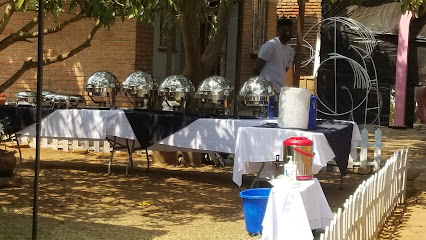
Murumbu Bar
Discover the lively atmosphere of Murumbu Bar in Zomba, where local drinks and friendly faces create unforgettable experiences.

Matawale
Discover the vibrant nightlife at Matawale, Zomba's premier bar, where refreshing drinks and a lively atmosphere await every traveler.

Local Phrases
-
- HelloMoni
[moh-nee] - GoodbyeTionana
[tee-oh-nah-nah] - YesEya
[eh-yah] - NoAyayi
[ah-yah-yee] - Please/You're welcomeZikomo
[zee-koh-moh] - Thank youZikomo kwambiri
[zee-koh-moh kwahm-bee-ree] - Excuse me/SorryPepani
[peh-pah-nee] - How are you?Muli bwanji?
[moo-lee bwan-jee] - Fine. And you?Ndili bwino. Inu?
[ndee-lee bwee-noh. ee-noo] - Do you speak English?Mukhulupilira Chingerezi?
[moo-koo-loo-pee-lee-rah chin-geh-reh-zee] - I don't understandSindikudziwa
[seen-dee-koo-dzee-wah]
- HelloMoni
-
- I'd like to see the menu, pleaseNdikufuna kuona menu, chonde
[ndee-koo-foo-nah kwoh-nah meh-noo, chohn-deh] - I don't eat meatSindidya nyama
[seen-dee-jah nyah-mah] - Cheers!Mwai wathu!
[mwah-ee wah-thoo] - I would like to pay, pleaseNdikufuna kudzilipila, chonde
[ndee-koo-foo-nah koo-dzee-lee-pee-lah, chohn-deh]
- I'd like to see the menu, pleaseNdikufuna kuona menu, chonde
-
- Help!Chitani pansi!
[chee-tah-nee pahn-see] - Go away!Pita!
[pee-tah] - Call the Police!Dzitsani Police!
[dzee-tsah-nee poh-lee-ceh] - Call a doctor!Dzitsani daktari!
[dzee-tsah-nee dahk-tah-ree] - I'm lostNdili wachinyamata
[ndee-lee wah-chee-nyah-mah-tah] - I'm illNdimakulira
[ndee-mah-koo-lee-rah]
- Help!Chitani pansi!
-
- I'd like to buy...Ndikufuna kudzalowa...
[ndee-koo-foo-nah koo-dzah-loh-wah] - I'm just lookingNdikufuna kukoza choncho
[ndee-koo-foo-nah koo-koh-zah chohn-choh] - How much is it?Ndalipira bwanji?
[ndah-lee-pee-rah bwan-jee] - That's too expensiveIzi ndizabwino kwambiri
[ee-zee ndee-zah-bwee-noh kwahm-bee-ree] - Can you lower the price?Mungandiyang'anitse mtengo?
[moon-gahn-dee-yah-ngahn-eet-seh mm-ten-goh]
- I'd like to buy...Ndikufuna kudzalowa...
-
- What time is it?Sinthani nthawi?
[seen-tah-nee n-tah-wee] - It's one o'clockSinthani nthawi yayikulu
[seen-tah-nee n-tah-wee yah-yee-koo-loo] - Half past (10)Yothawira (ma-10)
[yoh-thah-wee-rah mah-ten] - MorningUsiku
[oo-see-koo] - AfternoonMawa
[mah-wah] - EveningM'mawa
[m-mah-wah] - YesterdayLero
[leh-roh] - TodayUdzalira
[oo-dzah-lee-rah] - TomorrowMawa
[mah-wah] - 1Wanu
[wah-noo] - 2Zawiri
[zah-wee-ree] - 3Zachitatu
[zah-chee-tah-too] - 4Zachinayi
[zah-chee-nah-yee] - 5Zachisanu
[zah-chee-sah-noo] - 6Zachikumi
[zah-chee-koo-mee] - 7Zachikwalala
[zah-chee-kwah-la-la] - 8Zachilongosha
[zah-chee-lohn-goh-shah] - 9Zachitonga
[zah-chee-tohn-gah] - 10Zachikumi na wanu
[zah-chee-koo-mee nah wah-noo]
- What time is it?Sinthani nthawi?
-
- Where's a/the...?Kuli...?
[koo-lee] - What's the address?Adzakhala kuti?
[ah-dzah-kah-lah koo-tee] - Can you show me (on the map)?Mungandiyang'ane (kumapu)?
[moon-gahn-dee-yah-ng'ah-neh koo-mah-poo] - When's the next (bus)?Nthawi yanji yachitatu?
[n-tah-wee yahn-jee yah-chee-tah-too] - A ticket (to ....)Chithandizo (kukwera ku....)
[chee-tahn-dee-zoh koo-kweh-rah koo]
- Where's a/the...?Kuli...?
History of Zomba
-
Zomba, the former capital city of Malawi, was founded in 1885. It was initially established as a British colonial administrative center due to its strategic location and favorable climate.
-
Zomba served as the capital of the British Central African Protectorate and later the Nyasaland Protectorate. In 1964, when Malawi gained independence, Zomba became the capital of the new nation until 1975, when Lilongwe was declared the new capital.
-
Zomba played a significant role in the independence movement of Malawi. The city was a hub for political activities and discussions, with notable figures like Dr. Hastings Kamuzu Banda frequently visiting to strategize and mobilize support for the cause.
-
The city of Zomba is renowned for its colonial-era architecture. Notable buildings include the Zomba State House, which was built in 1901 and served as the residence of the colonial governor, and the Gymkhana Club, a social club established during the colonial period.
-
The University of Malawi, established in 1964, has its main campus in Zomba. The Chancellor College, part of the university, is one of the leading institutions of higher learning in the country and has been pivotal in producing many of Malawi's intellectuals and leaders.
-
The Zomba Plateau, a massif rising to 1,800 meters, is one of the city's most prominent natural features. The plateau offers stunning views, lush forests, and numerous hiking trails. Historically, it was a retreat for colonial administrators seeking to escape the heat of the lower altitudes.
-
Zomba is a melting pot of various cultures and traditions. The city hosts several traditional ceremonies and festivals that celebrate the heritage of different ethnic groups, including the Chinamwali initiation ceremony and the Umthetho cultural festival.
-
During World War II, Zomba played a role as a training ground for the King's African Rifles, a regiment that included Malawian soldiers who fought for the British Empire. The war had a lasting impact on the city's demographics and economy.
Zomba Essentials
-
Zomba is located in the southern region of Malawi and is accessible via Chileka International Airport in Blantyre, approximately 70 kilometers away. From Blantyre, you can take a taxi, private car, or a bus to Zomba, with the journey taking around 1.5 to 2 hours. Alternatively, you can travel from Lilongwe, which is about 300 kilometers away, though this journey will take approximately 4 to 5 hours by road.
-
Within Zomba, minibuses and taxis are the most common forms of transportation. Minibuses are affordable but can be crowded and less comfortable. For a more convenient option, taxis are readily available and can be hired for short trips or for the entire day. If you prefer more autonomy, car rentals are available in Blantyre and Lilongwe, though driving conditions can be challenging due to road quality and local driving habits.
-
The official currency is the Malawian Kwacha (MWK). Credit cards are accepted in some hotels, restaurants, and shops, but cash is often preferred, especially in smaller establishments. ATMs are available in Zomba for cash withdrawals, but it is advisable to carry enough cash for your needs. Currency exchange services are available at banks and some hotels.
-
Zomba is generally safe for tourists, but it is advisable to take standard precautions. Avoid walking alone at night, especially in less populated areas. Be cautious with your belongings in crowded places and markets. While Zomba is not known for high crime rates targeting tourists, always remain vigilant and aware of your surroundings.
-
In case of an emergency, dial 997 for police assistance or 998 for medical emergencies. The Zomba Central Hospital provides medical services and there are several pharmacies in town for minor medical needs. It is recommended to have comprehensive travel insurance that covers medical emergencies.
-
Fashion: Do dress modestly, especially when visiting religious sites and rural areas. Avoid wearing revealing clothing. Religion: Do respect local customs and traditions. When visiting churches or mosques, dress conservatively and remove your shoes if required. Public Transport: Do be patient and polite. Minibuses can be crowded, so avoid carrying large luggage. Greetings: Do greet people with a handshake. Use your right hand, as the left hand is considered impolite for greetings and eating. Eating & Drinking: Do try local cuisine and accept food offerings graciously. Don't refuse hospitality, as it is considered impolite.
-
To experience Zomba like a local, visit the vibrant Zomba Market, where you can buy fresh produce, local crafts, and interact with friendly vendors. Take a hike up to Zomba Plateau for breathtaking views and a chance to see rare bird species. Engage with locals, who are often eager to share stories about the city's history and culture. Don't miss the opportunity to visit the historic Zomba Botanical Gardens and the old colonial buildings that add to the city's charm.
Nearby Cities to Zomba
-
Things To Do in Blantyre
-
Things To Do in Mangochi
-
Things To Do in Salima
-
Things To Do in Lilongwe
-
Things To Do in Chipata
-
Things To Do in Nyanga
-
Things To Do in Nkhata Bay
-
Things To Do in Mzuzu
-
Things To Do in Mutare
-
Things To Do in Harare
-
Things To Do in Chinhoyi
-
Things To Do in Karonga
-
Things To Do in Kariba
-
Things To Do in Masvingo
-
Things To Do in Kasama








